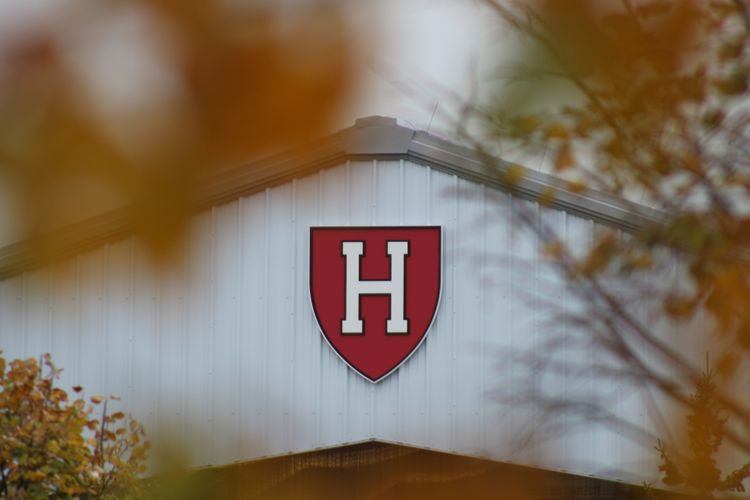Harvard Needs To Let Its Athletes Cash In

By Henry P. Moss IV, Crimson Opinion Writer
Henry P. Moss IV ’26, a Crimson Editorial editor, is a History concentrator in Eliot House.
Harvard is known for being on the cutting edge of innovation: Everything from our Economics department to our student organizations is unparalleled compared with other institutions of higher education. Athletics, though? Not so much.
Our lack of success in major college sports like football and basketball is in no small part due to an Ivy League-wide policy that prohibits athletic scholarships. In many cases, Harvard’s prestige is not enough to attract athletic talent who could otherwise receive full-tuition scholarships (and, now, lucrative Name, Image, Likeness deals) at other universities.
The University justifies these policies on the grounds that student athletes are students first and athletes second.
I, however, reject this characterization.
Research has repeatedly shown that without athlete status, these students would have a much lower chance of admission. Harvard Economics professor Raj Chetty ’00 and collaborators, for example, found that without admissions preference for their sport, almost 90 percent of admitted athletes would have been rejected at Ivy League schools like Harvard. Another study found that being an athlete made an applicant several times more likely to be admitted.
To be clear, I take no issue with preferences for athletes in the admissions process. College sports are integral to instilling school pride in the student body, and sporting events — particularly the Harvard-Yale football game — provide a much-needed outlet for fun in an otherwise dull campus social environment.
At the same time, however, many athletes at schools like Harvard were not admitted as students but as athletes. It is beyond time for the Ivy League to acknowledge that and treat them as such.
College athletics has undergone monumental changes in the past few years, not least among them the advent of NIL deals for student-athletes. These agreements, which typically take the form of sponsorship deals between athletes and businesses, can widen the gap between Ivy League schools and more athletics-focused universities, where athletes in many sports could convert bigger audiences into bigger paydays.
Moreover, to facilitate and centralize this process, many schools have an associated “NIL collective,” which is a fund that operates independently of the university that pools resources from boosters and other donors to help student athletes cash in. Although many of these deals are small, some athletes have reportedly reaped hundreds of thousands and even millions of dollars.
Harvard, though, does not have a collective and seems reluctant to see one created. As more and more schools do the opposite, Harvard will face stiffer and stiffer headwinds when recruiting. This is not just speculation; one need look no further than Malik Mack — a rising star on the men’s basketball team whose transfer to Georgetown University last year was attributed by many to far lower NIL earning potential at Harvard.
Right now, Harvard is in a no-man’s land in college athletics. We recruit athletes and all but guarantee their admission, but won’t offer them athletic scholarships or serious NIL opportunities.
This unhappy medium between truly focusing on the “student” over the athlete on one end — as exhibited by MIT and other Division Three schools — and treating student athletes as “athletes” on the other benefits nobody.
Harvard student athletes are losing out on earning potential that athletes at other schools can enjoy. Harvard coaches are losing top recruits to other schools.
And what does Harvard gain? They get to purport, dubiously, that most student-athletes are just as much students as they are athletes.
Instead of trying to fly against the winds of change, Harvard and its supporters need to recognize the futility of its position. If we wish to recruit and retain the caliber of athletes to sustain success in our athletic programs, forming an NIL collective that can offer competitive compensation is crucial.
I hope that Harvard stays competitive on the field. But to do that we must play the same game as everyone else.
Henry P. Moss IV ’26, a Crimson Editorial editor, is a History concentrator in Eliot House.

















































